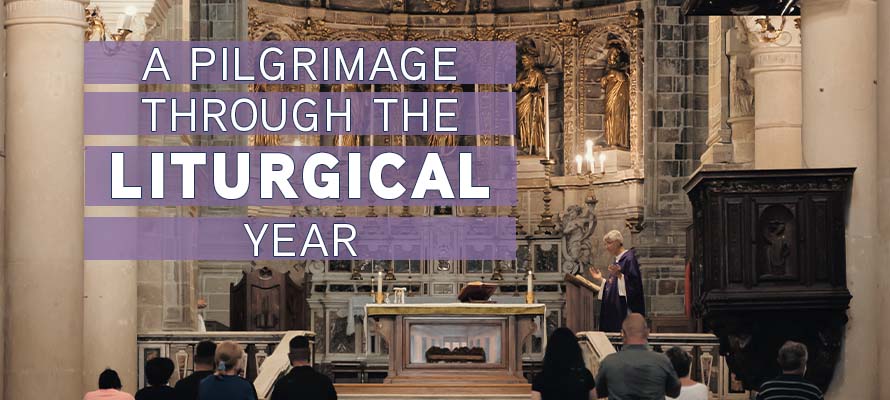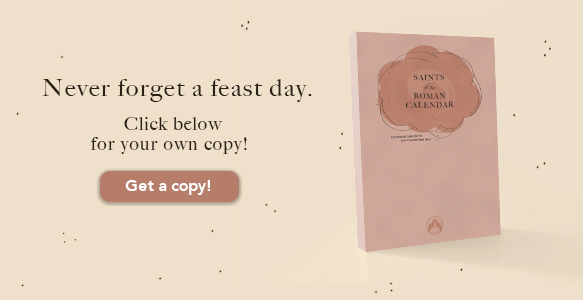
This past Sunday, we celebrated the Feast of Christ the King. It is the last Sunday of Ordinary Time, as well as the last Sunday of the liturgical year. Next week is Catholic New Year – the first Sunday of Advent.
For over 2000 years, the Church has been refining and reforming the liturgical calendar. Early on, the life of the Church flowed from the commemoration of the Resurrection on Sundays and the Christian sabbath became distinct from its Jewish roots.
Similarly, the timing of Easter was originally tied to the Jewish Passover, but the Council of Nicaea established it to be celebrated perpetually on a Sunday, as keeping it part of the Jewish cycle of feasts would mean it would be celebrated on different days of the week in different years.
Over the years, different feasts were added (or taken away) and different seasons were developed and expanded throughout the Christian faithful. Some developments even extended beyond the Church itself, such as the institution of the Gregorian calendar throughout the world.
In this blog series, we have taken a pilgrimage through the liturgical year, exploring different feasts and celebrations within each season, and ways the Church helps us to live out this rhythm of life.
For these feasts and seasons have grown and expanded for the benefit of all the faithful to draw closer to Christ. As Pope Pius XII wrote in his encyclical, Mediator Dei, or Encyclical on the Sacred Liturgy:
151. Throughout the entire year, the Mass and the divine office center especially around the person of Jesus Christ. This arrangement is so suitably disposed that our Savior dominates the scene in the mysteries of His humiliation, of His redemption and triumph.
153. By these suitable ways and methods in which the liturgy at stated times proposes the life of Jesus Christ for our meditation, the Church gives us examples to imitate, points out treasures of sanctity for us to make our own, since it is fitting that the mind believes what the lips sing, and that what the mind believes should be practiced in public and private life.
161. Thus, the liturgical year should be considered as a splendid hymn of praise offered to the heavenly Father by the Christian family through Jesus, their perpetual Mediator. Nevertheless, it requires a diligent and well-ordered study on our part to be able to know and praise our Redeemer ever more and more. It requires a serious effort and constant practice to imitate His mysteries, to enter willingly upon His path of sorrow and thus finally share His glory and eternal happiness.
To read the other blogs in this series, please click the appropriate link below.


